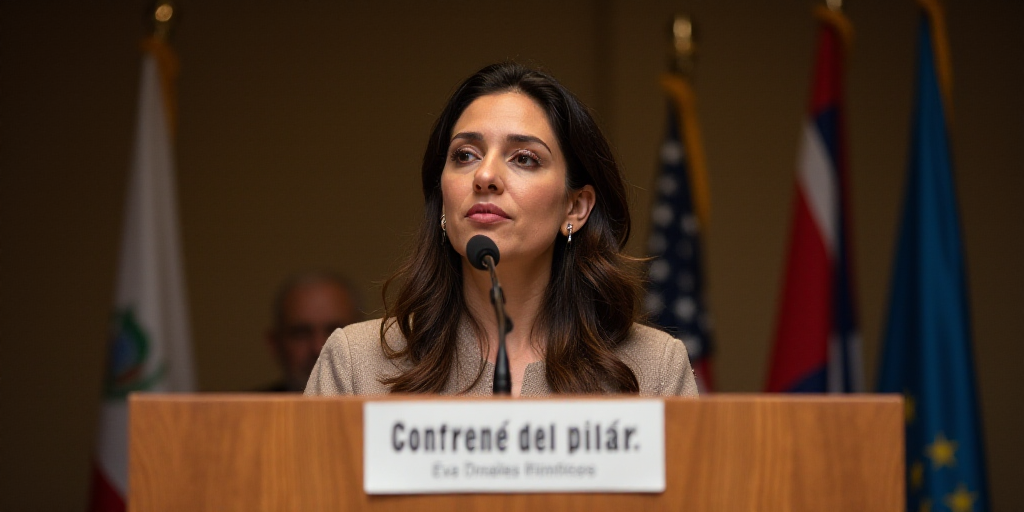Background on Claudia Sheinbaum and Her Relevance
Claudia Sheinbaum is the current mayor of Mexico City, serving as the head of the city’s government since 2018. As a prominent politician and former environmental activist, she has been instrumental in implementing progressive policies focused on sustainability, public transportation, and social welfare. Her stance on issues like labor reform for gig economy workers, such as those employed by Uber, highlights her commitment to ensuring fair treatment and social security for all citizens.
Uber’s Announcement of Fare Increase
In response to recent labor reform adjustments requiring digital platforms to acknowledge a formal employment relationship with their drivers, Uber announced an increase in its fares by up to 7% across Mexico. The company stated that this adjustment is necessary to adapt to the new regulations and protect driver earnings while maintaining service viability.
Uber’s Justification for Fare Increase
According to Uber, the fare increase will not be uniform and depends on the type of service and city where the ride is requested. The company claims that this adjustment aims to safeguard driver earnings and ensure the sustainability of their services.
Sheinbaum’s Response and Stance
During her “Mañanera del Pueblo” conference, Sheinbaum expressed her disagreement with Uber’s plan to transfer the costs of incorporating drivers and delivery personnel into the Mexican Social Security Institute (IMSS) to end users.
Uber cannot pass on the costs of incorporating its drivers and delivery personnel into the IMSS to the end user. Uber has impressive profits; it should not burden the final consumer with these costs. The idea that they should transfer this to workers is not true; employers must contribute to social security for their employees.
— Claudia Sheinbaum (@Claudiashein) April 3, 2020
Sheinbaum emphasized that Uber should not pass on these costs to end users, as the company has substantial profits and should contribute to social security for its workers. She also mentioned that there is ongoing dialogue with over 400,000 individuals now enrolled in social security through these platforms.
Mexico City’s Leading Role in Gig Economy Worker Security
Sheinbaum proudly stated, “We are the first country in the world where gig economy workers linked to digital platforms have access to social security.” This highlights Mexico City’s progressive approach in ensuring fair treatment and social security for gig economy workers.
STPS’s Concerns Regarding Uber’s Fare Increase
The Secretariat of Labor and Social Security (STPS) expressed concern over Uber’s fare increase, which was announced just 15 days after the labor reform pilot program began. The STPS noted that there is still no precise estimation of the real impact on operational costs for companies or the exact number of workers formally registered with the IMSS.
Key Questions and Answers
- What is the labor reform that Uber is responding to? The reform requires digital platforms like Uber to acknowledge a formal employment relationship with their drivers, leading to additional costs for the company.
- Why is Claudia Sheinbaum against Uber’s plan to increase fares? Sheinbaum believes that Uber, with its substantial profits, should not pass on the costs of incorporating drivers into social security to end users.
- What is the justification for Uber’s fare increase? Uber claims that the adjustment aims to protect driver earnings and maintain service sustainability, with variations based on service type and city.
- What concerns does the STPS have regarding Uber’s fare increase? The STPS is worried about the timing of the fare hike, just 15 days into the labor reform pilot program, and the lack of precise data on its impact on companies and worker registrations with the IMSS.






